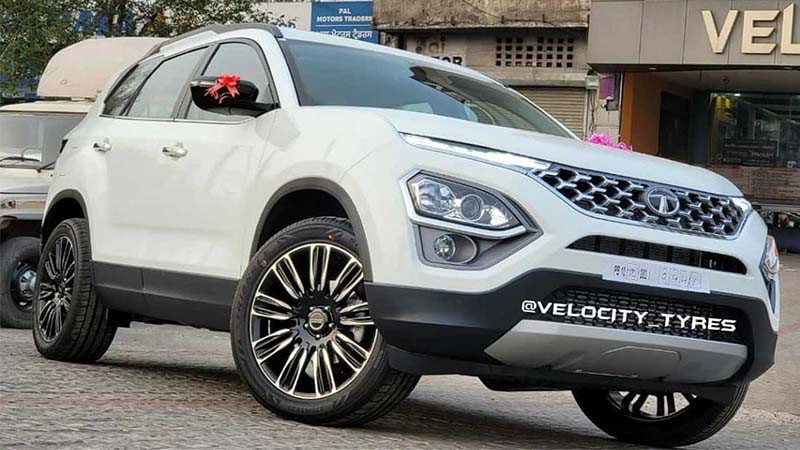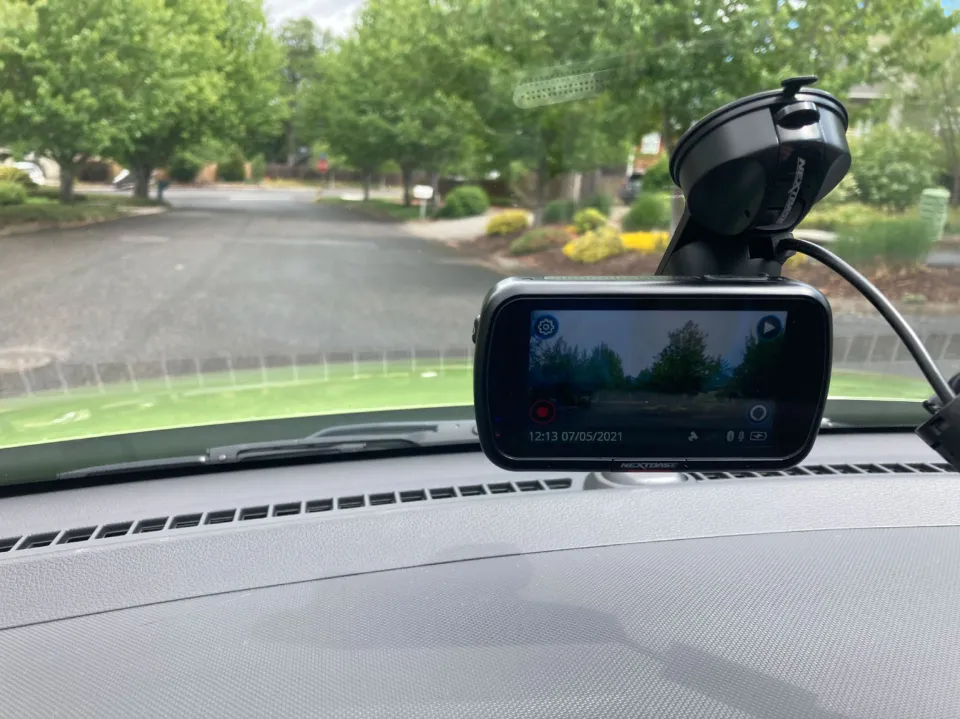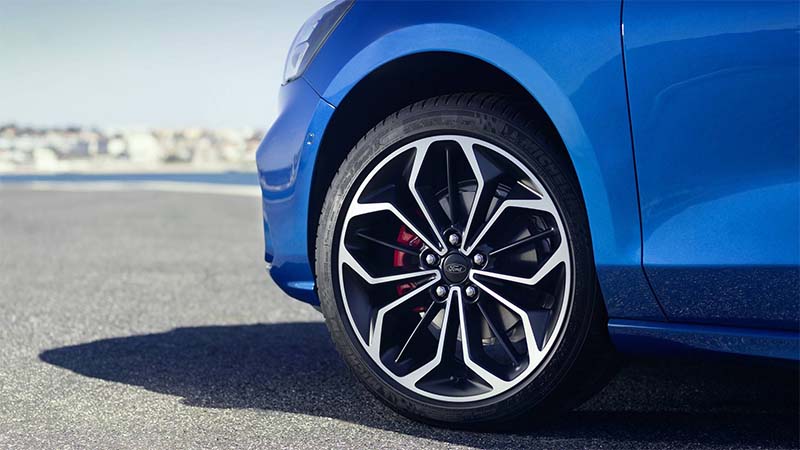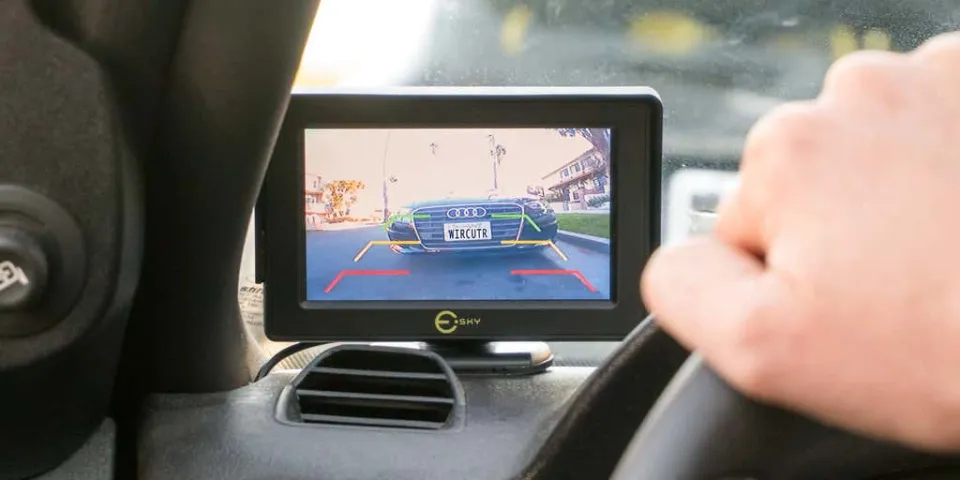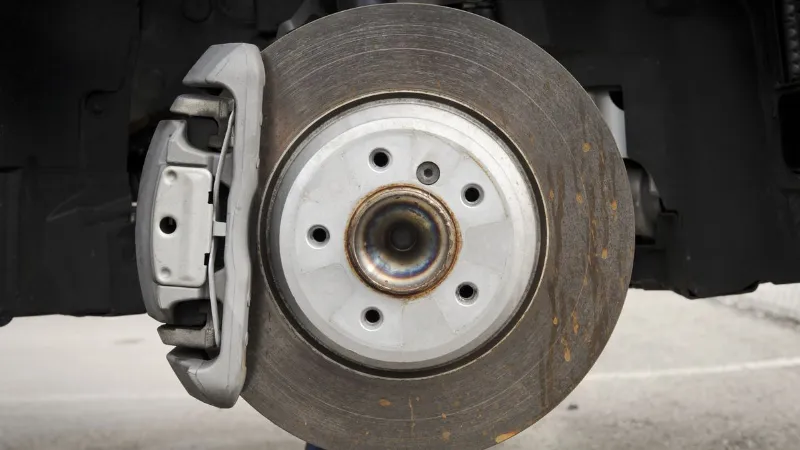Buying a new set of alloy wheels online or in-store for your car is easier said than done. Below are the top tips on how to choose the right alloy wheels.
You are supposed to take Size, Offset, PCD, RIM Width, and Aesthetic Value in mind.
Yes, size matters. The separation between a wheel’s hub mounting surface and center line is known as its offset. The diameter of the circle that passes through the center of a wheel’s bolt holes is known as the “pitch circle diameter,” or PCD. The RIM width of an alloy wheel is the distance between its outer and inner lips. If you didn’t like it in the store, you wouldn’t like it on the road.
What Are Alloy Wheels?
Aluminum or magnesium alloys are used to make alloy wheels, a type of auto wheel. They are lighter and stronger than standard steel wheels, which can enhance handling and fuel efficiency.
Numerous brand-new vehicles, especially high-end models and premium brands, come standard with alloy wheels. Additionally, OEMs (original equipment manufacturers) like Volkswagen and independent producers like Proline and Alutec sell them in the aftermarket.
A car can look sportier with alloy wheels, which is why most people purchase them to give their vehicle a makeover. But as we will outline below, they offer more advantages than just good looks.
Check for How Are Alloy Wheels Made?
Tips on How to Choose the Right Wheels
Alloy wheels are probably one of your car’s most fashionable accessories, and it’s obvious that they’re also one of the most popular because they’re offered at all major auto retailers. An alloy wheel set is available in a wide variety of styles, dimensions, and hues.
Size
Size does matter, indeed! Select alloy wheels that are the appropriate size and diameter for your current wheels. Although purchasing new tires to go with the wheels adds to the cost, changing the size or diameter of the wheels does improve the on-road ground clearance.
Offset
A wheel’s offset is the separation between its center line and the hub mounting surface. There can be positive, negative, or zero offsets depending on how many millimeters are used. In plain English, it’s the degree to which a car’s wheels project outwardly or inwardly. Every car has an offset range that is compatible. Therefore, be sure to determine whether your new alloy wheels are compatible.
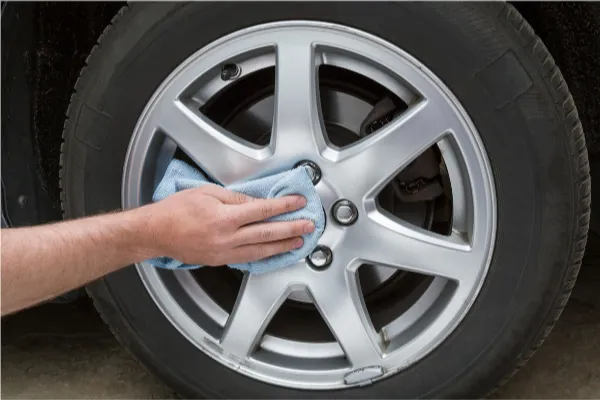
PCD
The diameter of the circle that goes through the center of a wheel’s bolt holes is known as the “pitch circle diameter,” or PCD. The alloy wheel, for instance, has four evenly spaced bolts with a diameter of 100mm, as indicated by the number 4×100. If you don’t match the PCD exactly to what the car came with, you won’t be able to fit your alloy wheel on the car’s
RIM Width
It is also referred to as wheel width and is measured from the alloy wheel’s outer lip to its inner lip. Rim width is expressed as 5J or 7.5J, with 5 and 7.5 standing for inches and “J” standing for the lip’s shape. Rim width is expressed in inches. Aside from changing how the tire interacts with the road, changing the rim width is also known to cause issues with the suspension and steering rod.
Aesthetic Value
On the road, it wouldn’t be acceptable if you didn’t like it in the store. Choosing an alloy wheel set that suits your preferences and tastes is as easy as pie. Easily match the aesthetics of your car. The colors, finishes, spoke patterns, and intricate designs available for alloy wheels are numerous. So be sure to take your time and choose the ideal one for your car.
Read about Alloy Wheels Vs Steel Wheels
How to Buy and Fit Alloy Wheels?
The next step, if you’re set on alloy wheels, is to purchase and install them. Here’s a step-by-step guide on how to buy alloy wheels online:
- Find and purchase the right alloy wheels for your car – make sure they’re the right size and are fully compatible.
- Arrange fitting – when you buy a set of alloys, they won’t normally be delivered to your house. Rather, you will schedule a fitting at a service provider, such as a local garage, where the alloys will be shipped.
- Attend the fitting – Take your car there to have them installed once you’ve been notified that the alloy wheels have arrived at the chosen garage. Depending on the garage, this could take from an hour to a half.
Although this isn’t always the case, it does provide some insight into what to anticipate when buying alloy wheels online.
Key Advantages of Alloy Wheels
- Alloy wheels are lightweight and ideal for racing.
- When You Go To Buy Alloy Wheels In Sydney, You might think of them as being a little pricey, but the value they add to your car will more than make up for that small price increase.
- Your boring and monotonous vehicle can get a stylish makeover with alloy wheels. Even though you may have chosen the best brand or color, your car’s value may suffer if the wheels look dull and worn. In this way, alloy wheels can give your car a unique look in addition to adding style, sophistication, and grace.
- Even when driving in the rainy season, alloy wheels offer excellent road grip due to their light weight. When you’re driving on uneven and bumpy roads, it reduces the likelihood of any accidents and strikes the proper balance.
Cons of Of Alloy Wheels
- Ride Comfort: Although alloy wheels do improve handling, there may be a trade-off in ride comfort, particularly if you’re used to standard steel wheels. You might notice a little more vibration and tyre noise because alloy is harder and “less forgiving” than steel. This is because alloy is less forgiving.
- Cost: The average cost of an alloy wheel ranges between £65 and £250, making them one of the priciest modifications you can make to a vehicle. However, there are deals to be found, so shop around and use price comparison websites to find the best offers.
- Other Overheads: The cost of tyres is an additional expense to take into account when purchasing alloys. Not only will you need to purchase brand-new tires in addition to the cost of the alloys, but the cost of replacements may also increase over time, particularly if you purchased alloys that can accommodate large, pricey low-profile tires. Definitely something to consider before making a purchase.
- Damage: One benefit of steel wheels is that the plastic trim can be easily and frequently inexpensively replaced when it becomes worn or gets scratched. With alloy wheels, which can be expensive to repair, this isn’t the case. Remember not to bounce up and down any curbs if you choose a set!
- Insurance: Because adding alloy wheels to your vehicle is considered a modification, you must inform your insurer. Depending on your current premium, this may have an impact on the cost you pay, and usually not in a good way. It’s always best to be honest with your insurer because failing to do so could result in the cancellation of your insurance.
Read about How Long Do Run Flat Tires Last?
Finally, How to Choose the Right Alloy Wheels?
You are supposed to take Size, Offset, PCD, RIM Width, and Aesthetic Value in mind when choosing the right alloy wheels.
One of the biggest differences between alloy wheels and conventional wheels is that they are frequently more durable and long-lasting. Additionally, alloy wheels perform better and weigh less than regular wheels. Alloy wheels will undoubtedly make your vehicle look more attractive and feel more luxurious.
Thank you for reading.

